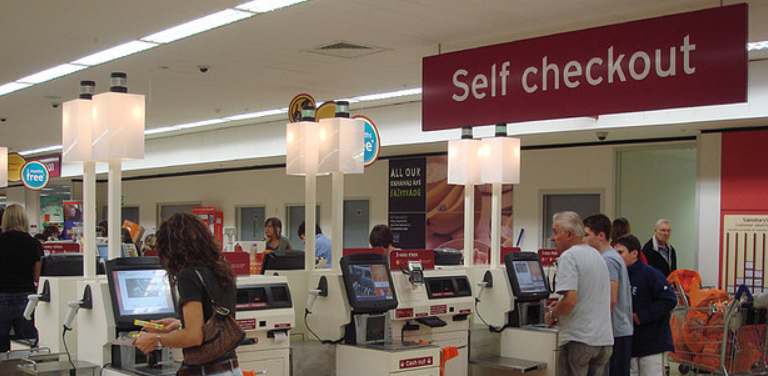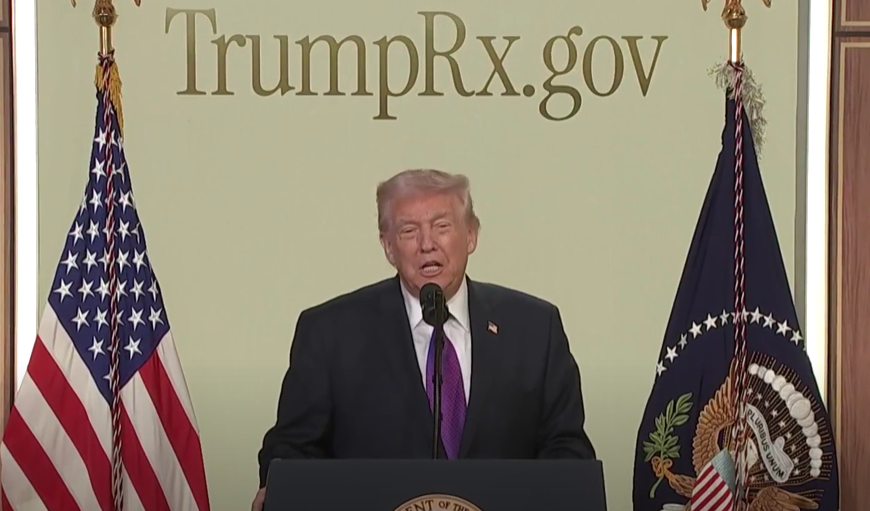Tipping at Self-Checkout Machines Is Now Available, But Why?

© creative commons
The long-lasting debate of whether you should tip workers or not is now reaching another point of discussion. While previously, you had the opportunity to pay actual people, tipping at self-checkout machines is now also an option. And while it might sound absurd to hear at first, people are divided in opinions. However, the main point of discussion remains, who would even get that money?
Tipping at Self-Checkout Is Now Available
Self-checkout machines at various places, including coffee shops, bakeries, airports, and sports stadiums, are now offering customers the option to leave a tip. However, these machines involve no direct interaction with employees. This trend adds financial consideration for customers, especially as businesses implement new tipping options amid rising inflation costs.
Businesses Are Looking Forward to It but Costumers Disagree
Business owners hope that asking for tips at self-checkout machines can enhance staff pay and raise gratuities. However, some customers express skepticism, questioning the need for tips when self-checkout is designed to cut labor costs. They are curious about where the money is going and the purpose of these tips. This is particularly true since self-checkout is a more independent process.
What Research Has to Say
According to tipping researchers, the inclusion of tipping options at self-checkout machines is considered a tactic. Companies use it to transfer the burden of paying employees onto customers rather than directly raising employee salaries. This phenomenon is characterized as “tip creep.” This is where businesses seek to prompt higher tips in transactional scenarios. William Michael Lynn is a professor specializing in consumer behavior and tip culture at Cornell University’s Nolan School of Hotel Administration. He asserts that businesses are capitalizing on this opportunity.

Customers, however, view self-tipping as a form of emotional manipulation. The mere presence of a tip prompt is seen by some as a subtle form of forced interaction. It is trying to guilt-trip people into leaving tips in situations where no worker gets the money. For instance, Garrett Bemiller, a man working in public relations in Manhattan, expressed his thoughts after being asked to add a 10% to 20% tip on a $6 water bottle at an airport self-checkout machine, describing it as a form of emotional blackmail. This raises concerns among consumers about the transparency and ethical implications of businesses adopting such practices in the realm of self-checkout transactions.
Other Experts Agree
According to many companies, the tipping prompts at self-checkout machines are optional, and the money is divided among all employees. However, experts argue that tips left at self-checkout might not reach actual human employees, as protections for tipped workers under the federal Fair Labor Standards Act do not extend to machines. Holona Ochs, an associate professor at Lehigh University, asserts that self-checkout tipping exploits the already debatable tipping norms to create more revenue for the company. The introduction of these tipping options has opened up online debate, particularly in the case of popular chains like Starbucks.
Would you ever consider tipping at a self-checkout machine?
You might also want to read: How Many Mimosas Will Trigger The Restaurant Vomit Fee?


